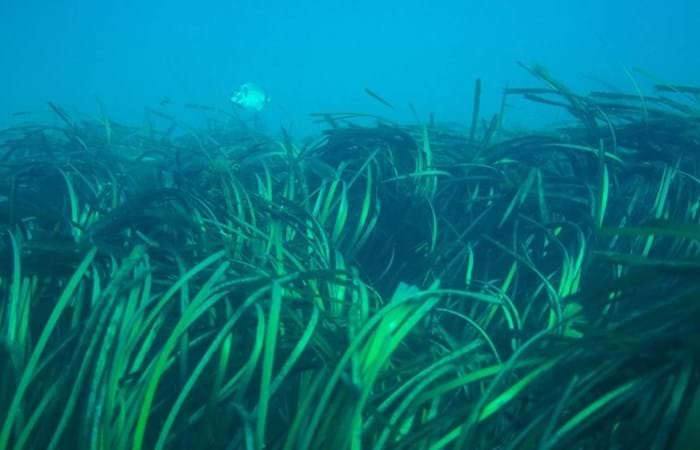Boskalis Westminster in the UK is working with the Hampshire & Isle of Wight Wildlife Trust (HIWWT) to undertake a seagrass restoration project within the Solent – a stretch of sea that separates the Isle of Wight from the southern coast of the mainland.
Seagrass is a hugely important marine habitat but has suffered significant declines over the past century.
The Solent Seagrass Restoration Project is an example of how – through the application of our Biodiversity Framework – Boskalis actively seeks opportunities to contribute positively to the conservation, restoration and enhancement of natural environments through the provision of nature-based solutions.
Seagrasses are the only fully marine flowering plants and provide a number of environmental services – creating a vital habitat for wildlife, supporting fisheries, and preventing coastline erosion.
Seagrasses can also store carbon in the seabed – a process known as blue carbon – up to 35 times faster than tropical rainforests. Globally they account for 10% of the ocean’s total burial of carbon despite covering less than 0.2% of the ocean floor.
Under the seagrass restoration project, marine wildlife experts and volunteers collect seagrass seeds and prepare them for planting using hessian seed bags.
The bags are then planted in the field to help restore the seagrass habitat. The project is being closely monitored so lessons learnt can help replicate the technique at scale within the Solent region and beyond.
The Solent Seagrass Restoration Project serves as an example of how Boskalis works with its partners to actively address climate change and its consequences, as well as contribute to advancing best practices for climate action in the maritime and dredging sector.
